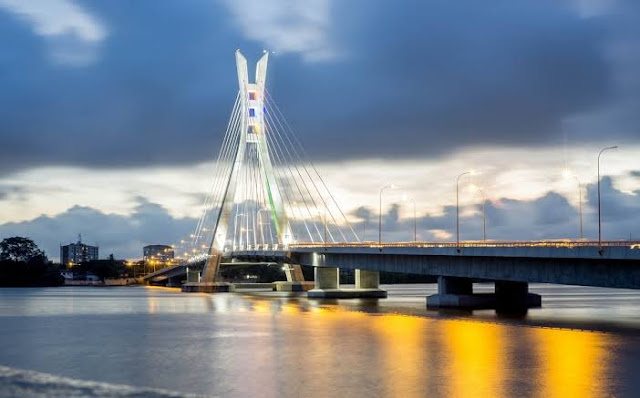The Facts About Nigeria's Oil and Gas Industry.

The following are the various facts about Nigeria's oil and gas sector. 1. Nigeria is the top oil producing nation in Africa and the 11th in the world and she has the second largest oil reserves in the continent. 2. She generates 95% of her foreign exchange earnings from the oil wealth and the sector contributes about 65% of government budgetary revenue. 3. Nigeria has a total number of 159 oilfields and 1481 oil wells according to the Department of Petroleum Resources, and the South-South region has 78 of the 159 oilfields. 4. Nigeria has a total number of 21 crude oil terminals and of which there are 6 export terminals 5. The crude oil export terminals include: a. Forcados and Bonny Terminal owned by Shell in Port-Harcourt, which are capable of storing 13 million barrels. b. Escravos Terminal, owned by Chevron, located in Delta State and has storage capacity of 3.6 million barrels. c. Brass Terminal which is operated by Agip and located in Port-Harcourt with ...





